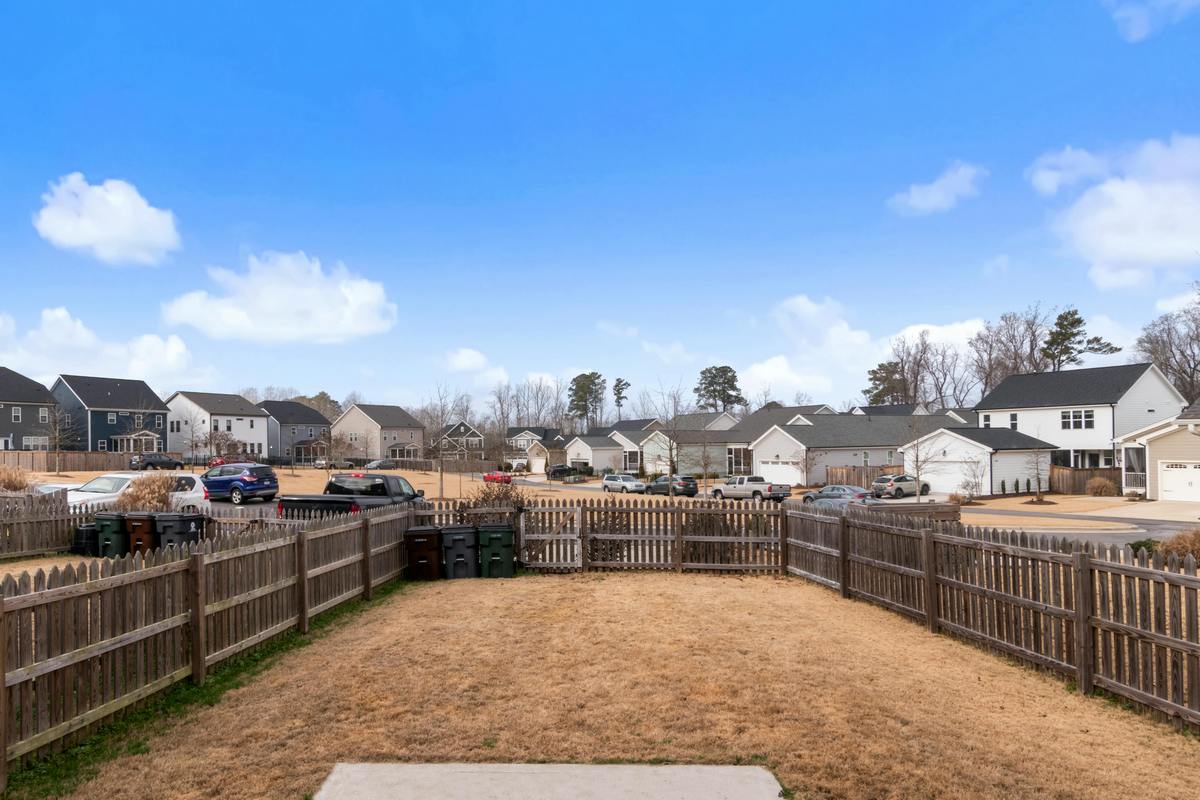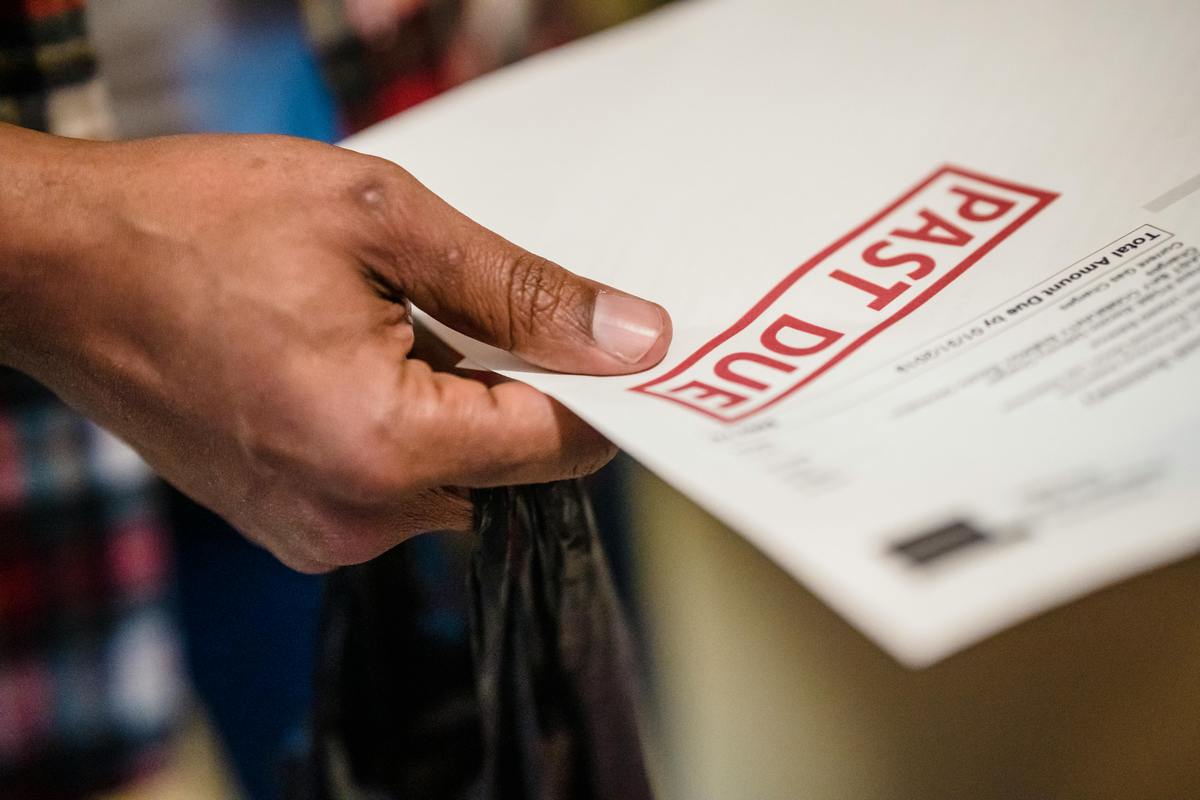When it comes to property management expenses, most landlords think of maintenance, insurance, and property taxes. But there’s one additional recurring fee that many property owners need to consider: HOA fees.
On the surface, these fees appear straightforward. After all, they’re monthly or yearly sums paid to local associations to enforce rules and maintain the area surrounding your property. But, you might be wondering, what do these fees cover? What happens if you don’t pay? And are they tax-deductible?
Needless to say, there’s often more to these fees than meets the eye. Don’t worry; that’s why we’re here. This guide explores everything landlords need to know about HOA fees, which are common in condos, townhomes, and single-family homes alike.
Continue reading to discover the answers to your questions and learn how fees can affect your rental property’s income, operation, and tax implications.
What are HOA Fees?
A homeowners association is a neighborhood or community organization dedicated to maintaining local appearances and amenities. The HOA enforces what’s known as Covenants, Conditions, and Restrictions (CC&Rs), which are the rules for property use and maintenance. To operate, HOAs charge homeowners monthly or yearly fees.
People who purchase property in an HOA-governed neighborhood automatically join the association and must pay the fees, also known as membership dues, common charges, or maintenance charges. There’s no opting out, and the HOA has the legal authority to make homeowners pay up.
HOA fees vary depending on the neighborhood and the type of amenities offered. Typically, if the neighborhood has many amenities or a uniform, well-kept appearance, homeowners pay higher HOA fees. Fees can also vary by property type, such as a condo, townhouse, or single-family home.
Since HOAs typically charge fees every month rather than all at once, you might overlook such a small sum. But pay close attention. These costs can add up fast and affect your bottom line. In turn, failing to pay your fees can result in significant consequences.
What is the Average Cost?
HOA fees differ widely from place to place. Across the country, they could cost anywhere from $100 to several thousand dollars every month.
Of course, if you’re considering purchasing or renting out a property in a neighborhood with an HOA, you should always double-check the property’s monthly or yearly fees. To get the ball rolling, you can use these averages as a starting point.
- Nationwide: $135 per month on average
- Condos: $300-400 per month on average
- Townhouses: $200-300 per month on average
- Single-family homes: $100-200 per month on average
Are HOA Fees Tax Deductible?
Yes and no. First, these fees are not tax-deductible for a primary residence. So, if you own and live in a property with an HOA, you cannot deduct those fees from your taxes.
However, HOA fees are deductible for rental properties. Landlords can itemize them as a deduction on their Schedule E tax forms, along with any other expenses incurred by rental property operations.
There’s also an exception for home offices. Let’s say your primary residence is part of an HOA and you work from home. In that case, you may deduct a corresponding proportion of your HOA fees from your taxes. For example, if your home office makes up 20% of your total residence, you can deduct 20%.
Naturally, landlords must maintain thorough, detailed records of the fees paid for both the primary residence (if you have a home office, that is) and for rental properties. TurboTenant’s rental accounting software can help landlords keep track of these and other expenses to simplify the filing process when tax season returns.
What do They Cover?
HOAs use fees to cover a variety of communal expenses. At the very least, HOA fees cover the maintenance and repairs of common areas, including elevators, lobbies, and outdoor landscaping.
In some cases, they can also cover utilities. Townhome and condo associations, for example, often charge fees to pay for essentials like garbage disposal, running water, and sewer. In rare cases, these dues can also cover individual property utilities.
Additionally, HOA fees often go toward community amenities. If your neighborhood has a swimming pool, a fitness center, or a clubhouse, HOA charges will cover the operational costs.
Some HOAs may use fees to pay for rental property insurance and security measures, such as a night watch or lighting, to ensure residents’ safety.
Last but not least, HOA fees cover the operation of the HOA itself, since administrative costs can rack up a sizable bill. Often, HOAs also set aside a portion of the collected sum into a reserve fund, which they can use to cover large-scale projects like road or roof repairs.
How Much Is Too Much?
HOA fees can vary widely by your property’s location, type, and the kind and amount of amenities provided. This variability can make it challenging to determine whether to invest in a rental property with an HOA. After all, an HOA fee of $500 for a condo might be considered cheap in Hawaii, but astronomical in Kansas.
However, landlords can use several different benchmarks to determine whether their local HOA fees are reasonable.
To start, compare the fees charged by a specific HOA with those charged by others in the area. If one HOA charges significantly more money than another in a closely neighboring area, that might be cause for concern…
…unless those higher fees cover more amenities. An HOA that oversees a community with pools or a gym will naturally charge more than an HOA that doesn’t offer those perks.
As part of your research, look at the HOA’s financial records. While these documents typically aren’t publicly available, you might be able to find records after doing a little bit of digging, particularly for larger organizations. It also never hurts to ask.
Causes for Concern
Overly high fees should raise red flags, particularly if you notice a sudden, sharp increase in recent years or months. A drastic increase may signal mismanagement of funds. Generally speaking, they should not exceed 1% of the property’s value, though high-demand markets may demand more.
At the end of the day, HOA fees can and do impact the profitability of your rental property. You may have to charge higher rent to cover these additional expenses, and if you happen to have a vacancy, you’ll pay fees on an empty property that isn’t bringing in any rent. Plus, tenants may not want to live in a property with an overly restrictive HOA.
However, it’s worth noting that HOA fees can lead to higher property values. You’ll have to decide for yourself whether operating a rental property with an HOA is worthwhile.
What Happens If You Don’t Pay Them?
Purchasing a condo, townhouse, or single-family home in an area with an HOA means you’re automatically considered a member of that HOA. As a result, you must pay the membership dues. If not, you could face serious legal and financial penalties.
HOAs have the legal authority to assess late fees or fines should the membership dues go unpaid. However, they could take even more severe action, such as placing a lien on your property or foreclosing on it to recover unpaid fees.
Can Tenants Pay?
If the landlord and the tenant agree, renters can handle HOA fees themselves rather than paying more rent to the landlord. Not too fast, though. First, you must trust that your tenant can and will pay these fees so that you can avoid the nasty consequences of unpaid dues.
The lease must also clearly state who is responsible for paying the HOA fees to avoid confusion and adverse outcomes. Additionally, the HOA will hold landlords responsible if the tenant violates any of the CC&Rs of the HOA, so the lease agreement ought to include these terms for clarity.
Speaking of, landlords should provide renters with any available HOA documentation at the time of move-in. If the tenant violates the rules in any way, the HOA will inform the landlord, and they must handle the issue with the tenant directly, rather than relying on the HOA to smooth things over.
Tenants do gain some rights by renting a property with an HOA. For example, renters can enjoy common areas and amenities, and may even serve on the board of the HOA if desired. However, tenants are not permitted to vote for the HOA board (only homeowners may vote), attend board meetings, or use the HOA’s dispute resolution process.
Whether the landlord pays the HOA fees directly or leaves it up to the tenant, it’s essential to stay on top of these dues and ensure the renter’s compliance with all covenants, conditions, and restrictions.
The Final Word on Fees
If you choose to purchase a property in a homeowners association, particularly if it’s to rent, you must first understand the details of the fees they’ll charge you. HOAs also come with specific regulations, so make sure you can rent it out. If possible, decide whether you and your future tenants will find the rules agreeable.
Then, while HOA fees are tax-deductible for a rental property, they can significantly impact your profitability and operations. Ensure you understand the total cost, payment process, and exactly what those fees cover as you make your decision.
If you’re still feeling some uncertainty about HOA fees and rental property impacts, take the time to consult with a tax professional for the best advice. You can also use TurboTenant’s accounting software for rental properties to keep track of HOA fees and streamline the financial details of rental property management.
HOA Fees FAQs
Do all condos have HOA fees?
No. While most condos do have HOA fees, some may not have a homeowners association at all. However, a condo without an HOA is exceedingly rare.
Are HOA fees negotiable?
No. In almost every case, you cannot negotiate HOA fees. Though exceptions may exist in rare scenarios, HOA fees are set by the organization and typically apply equally to all property owners within the community.
Are HOA fees tax-deductible for a primary residence?
Generally speaking, HOA fees are not tax-deductible for a primary residence. However, if you use your primary residence within the HOA as a home office, you could qualify for a partial home-office deduction.
Can HOA fees go up?
Yes. HOA fees can fluctuate to cover inflation and increases in operating costs. HOA boards are typically required to notify property owners before an increase in HOA fees goes into effect.


